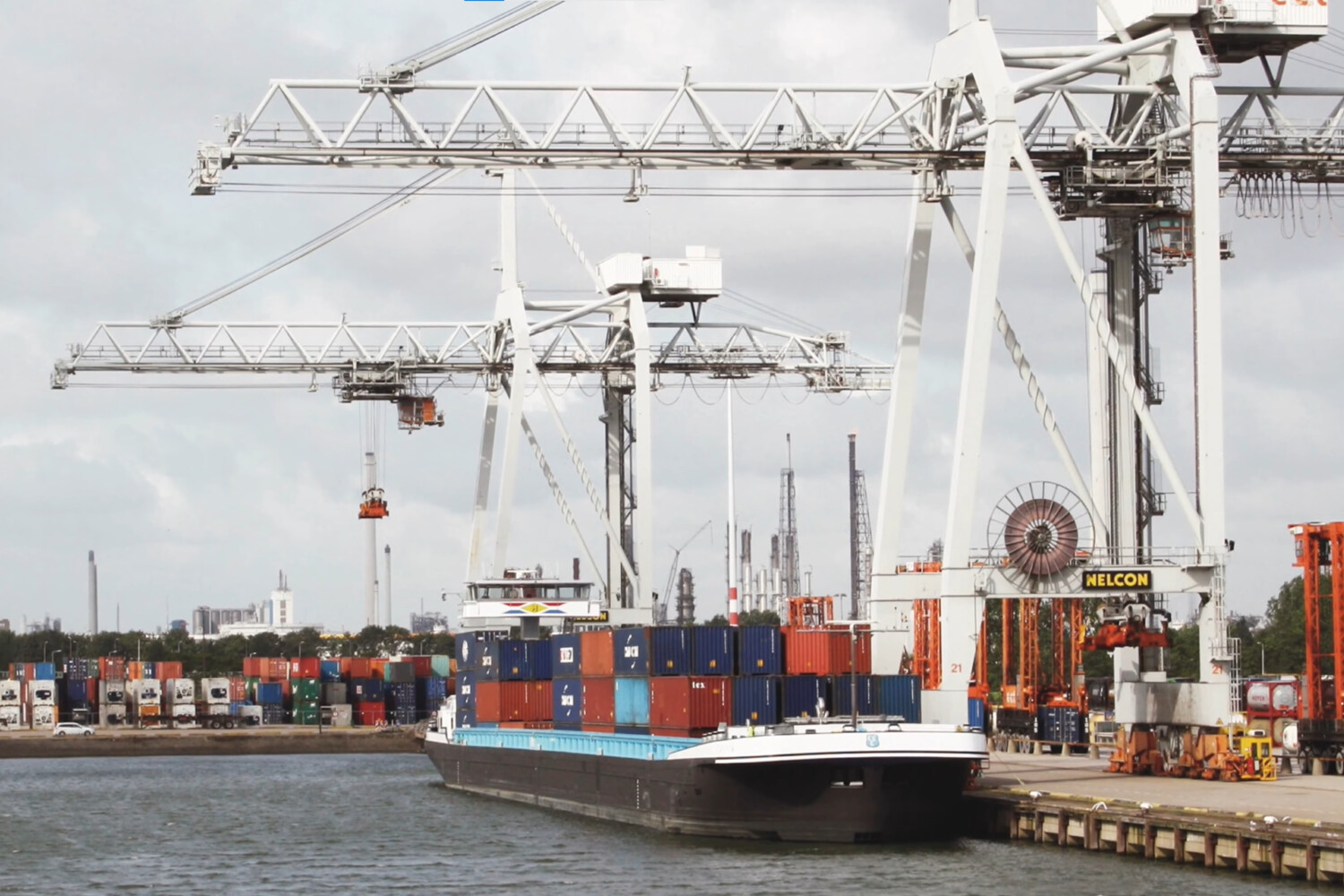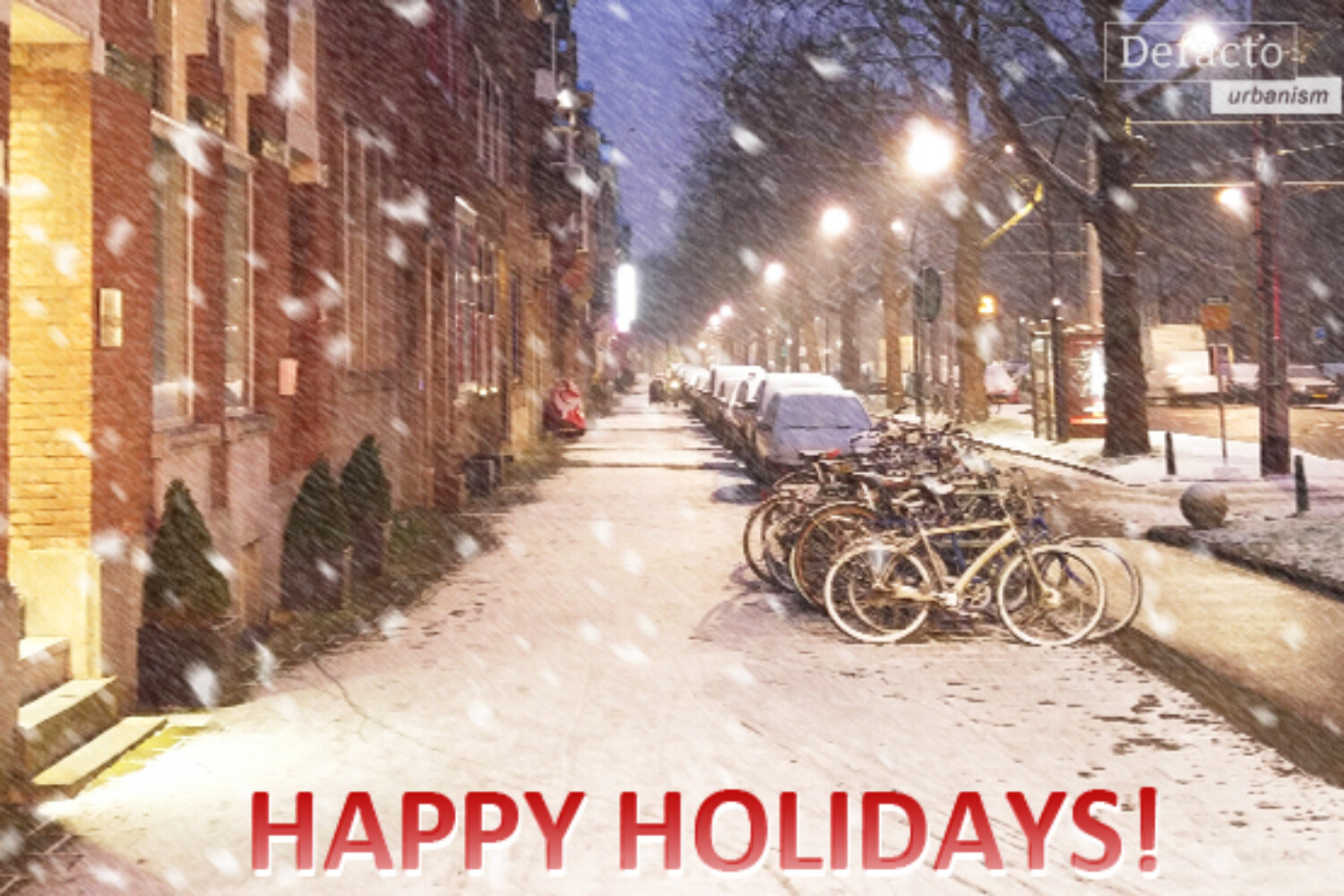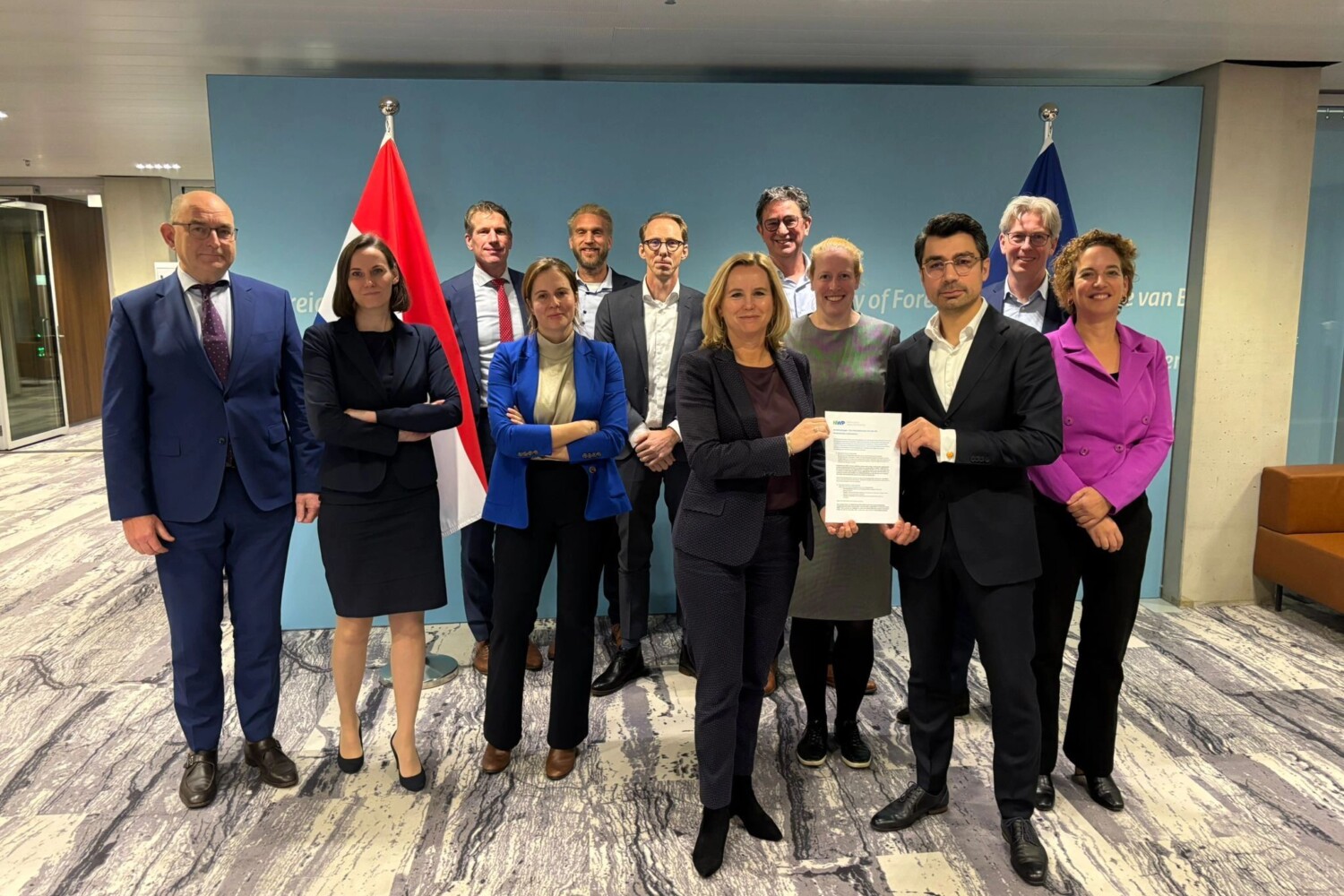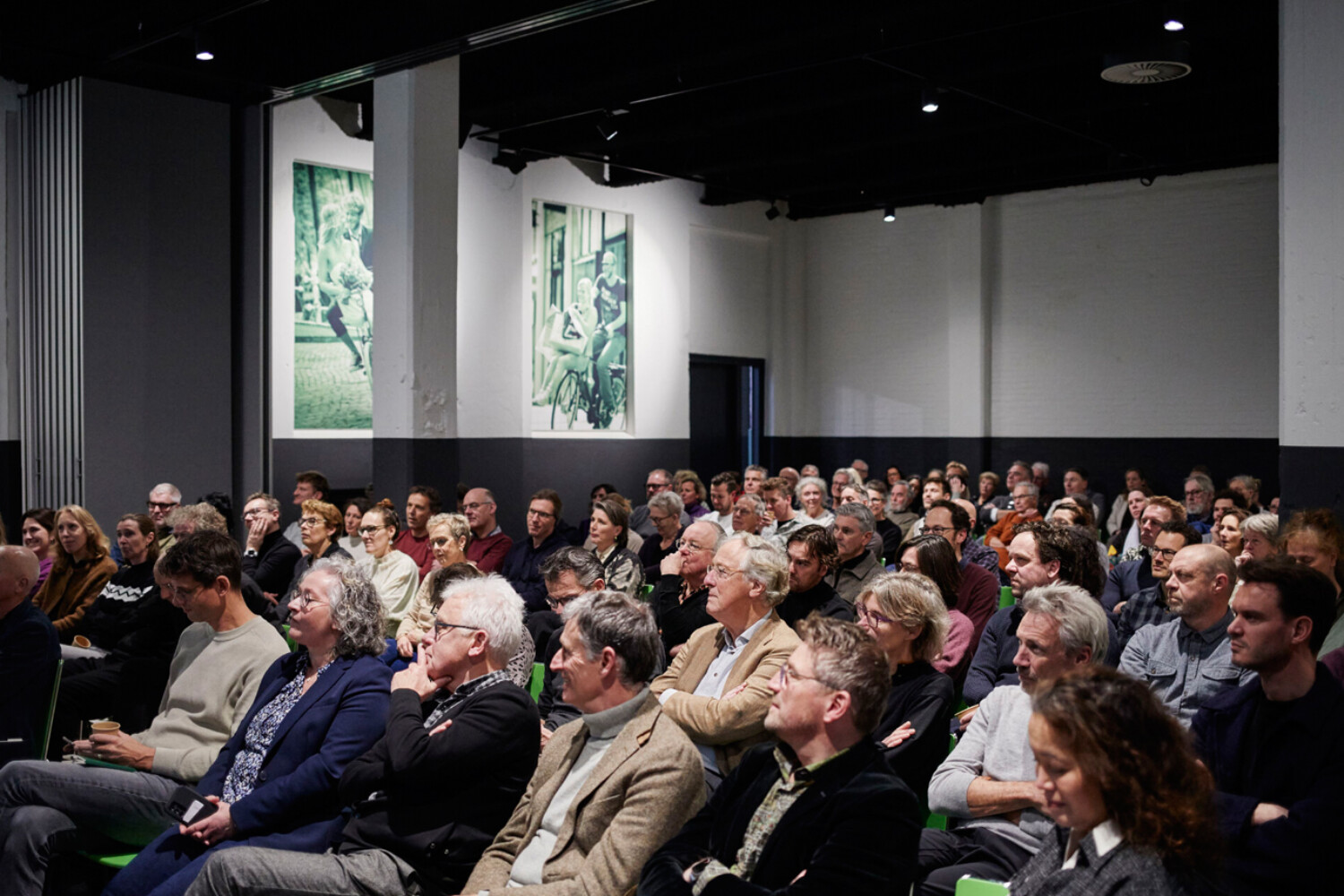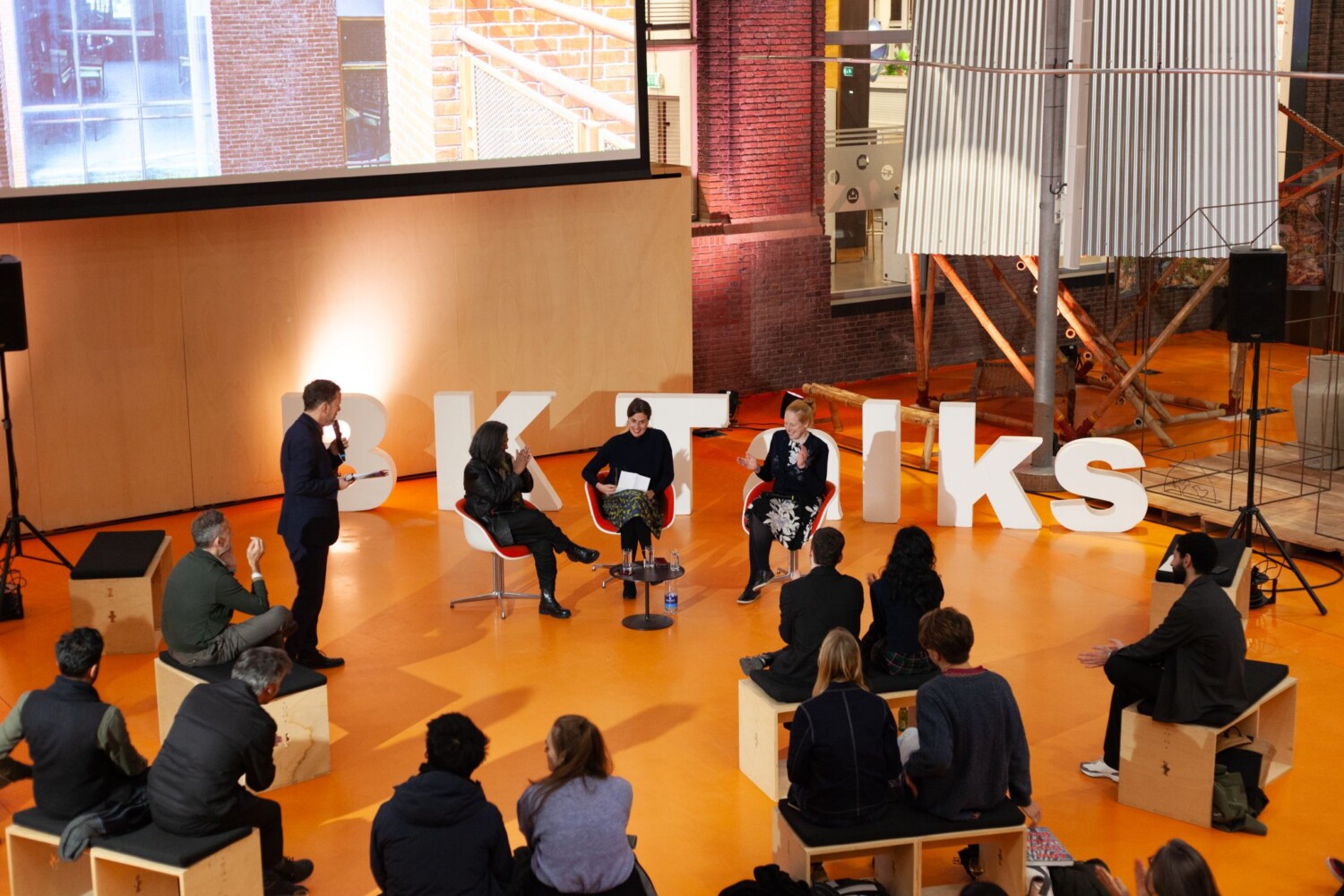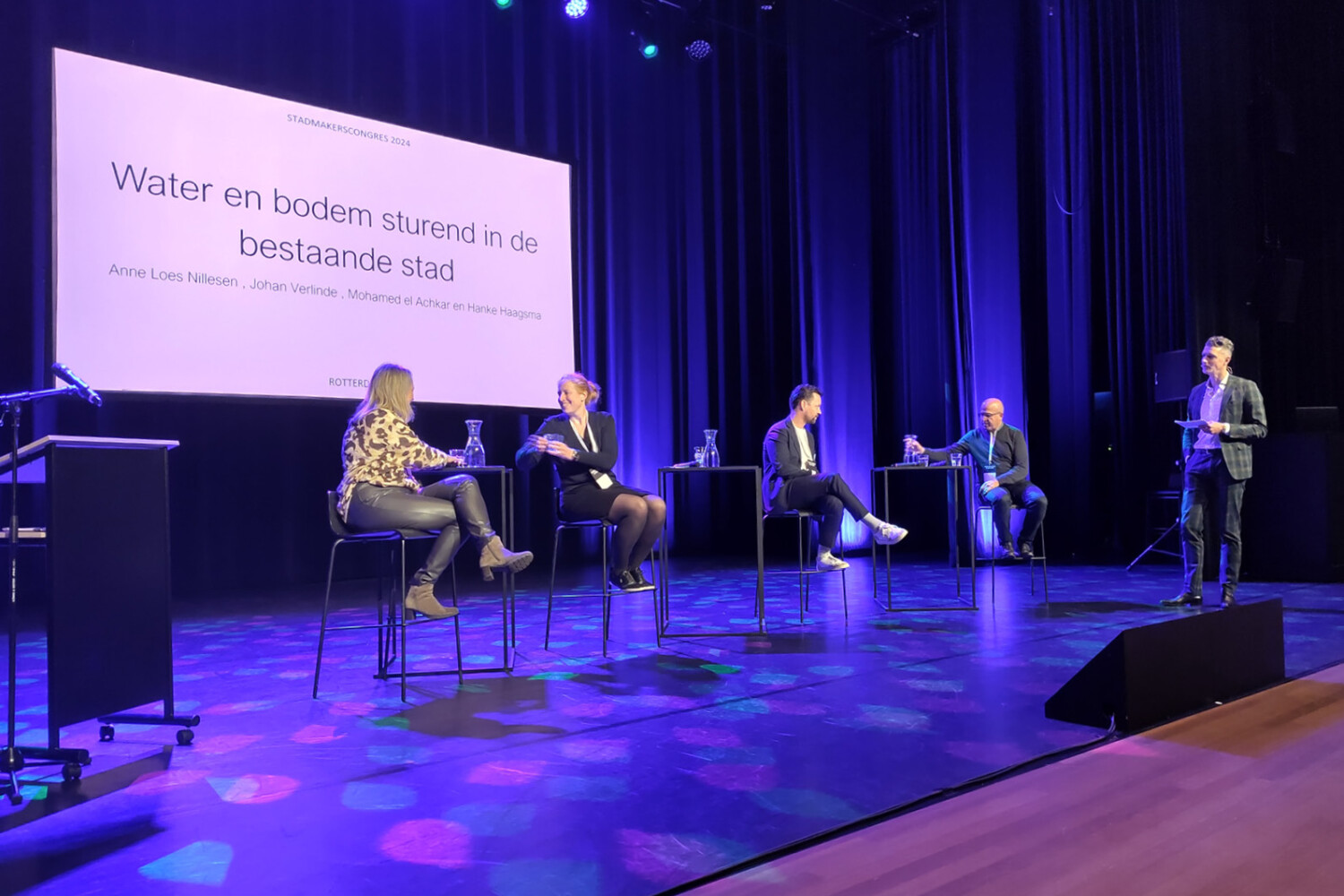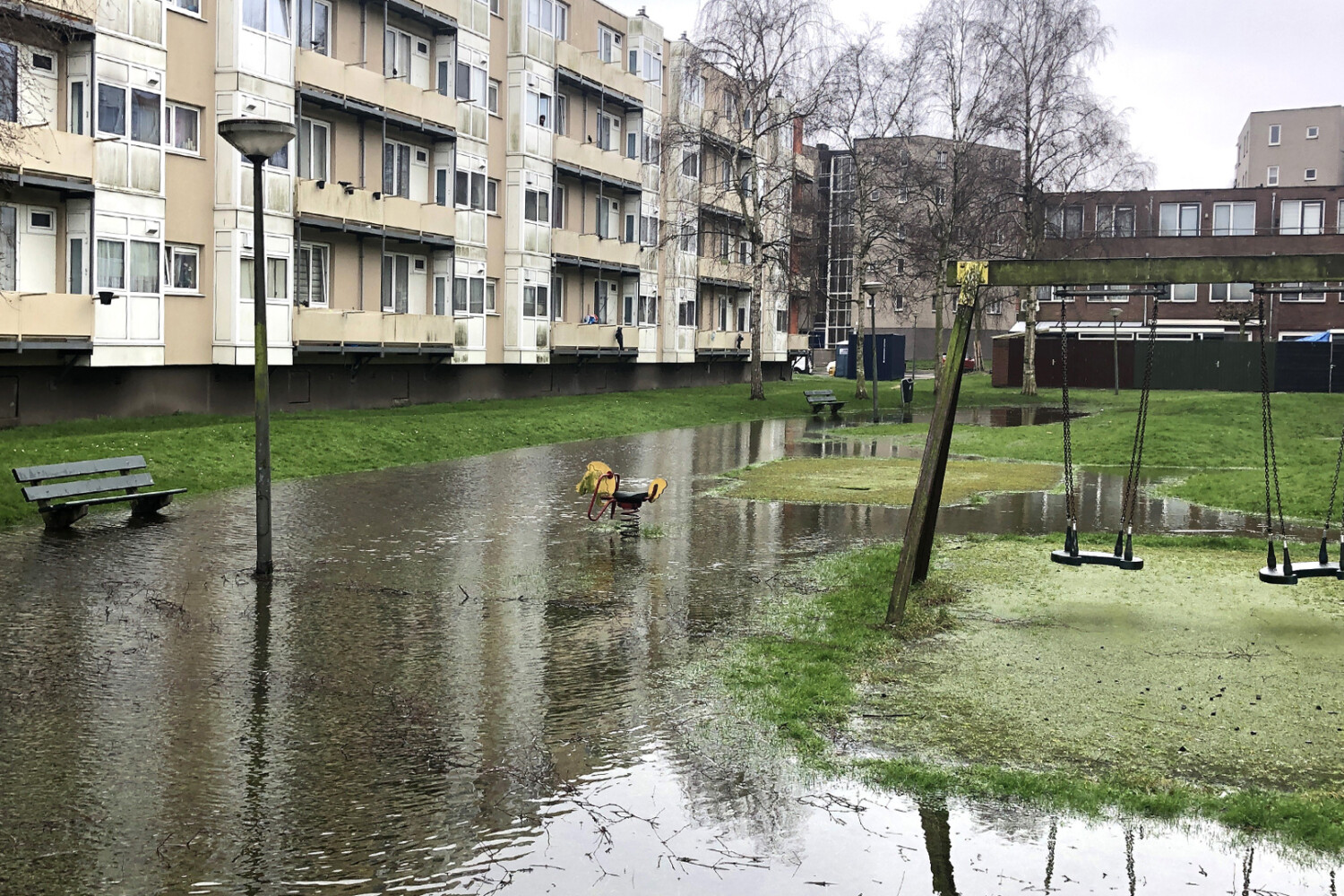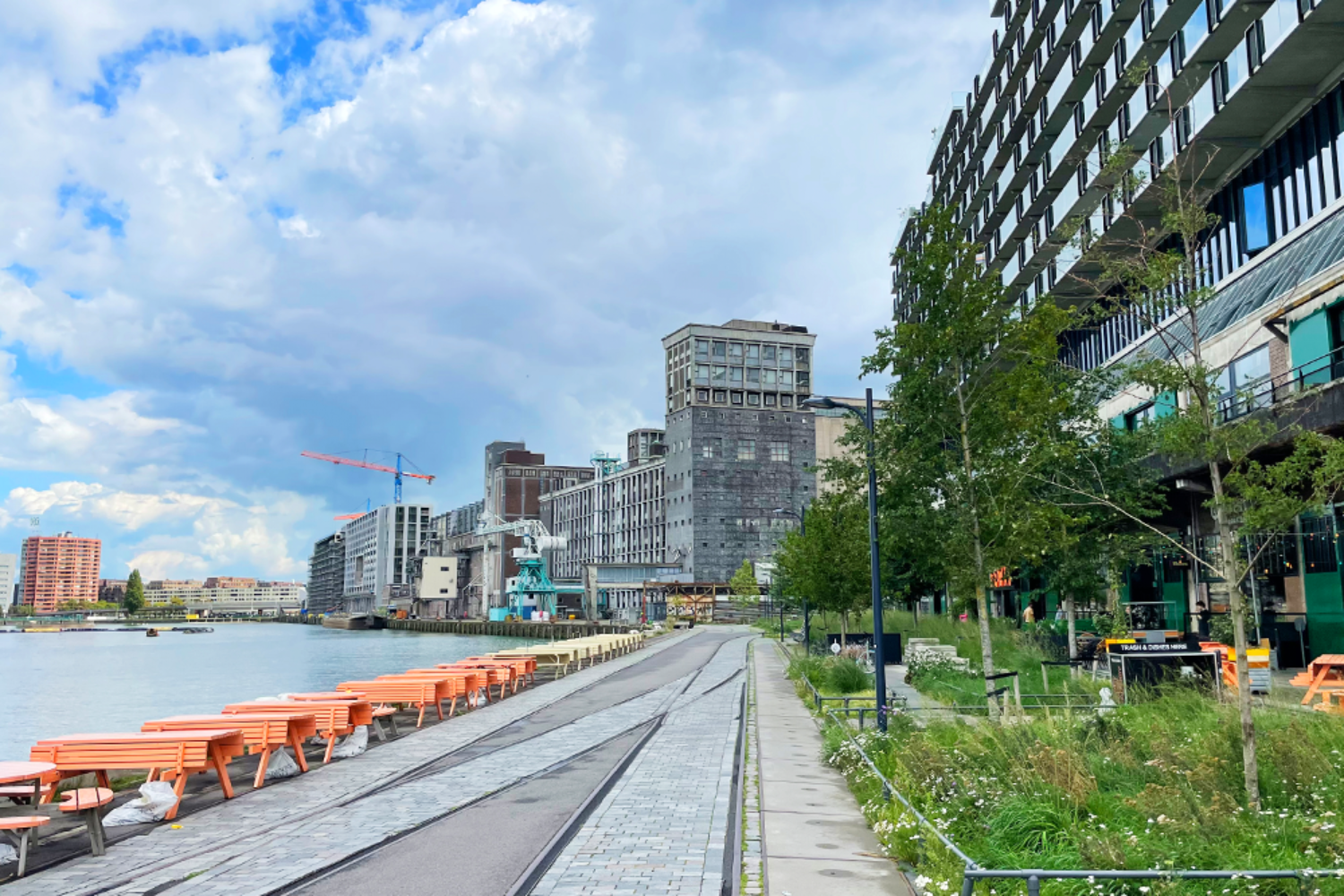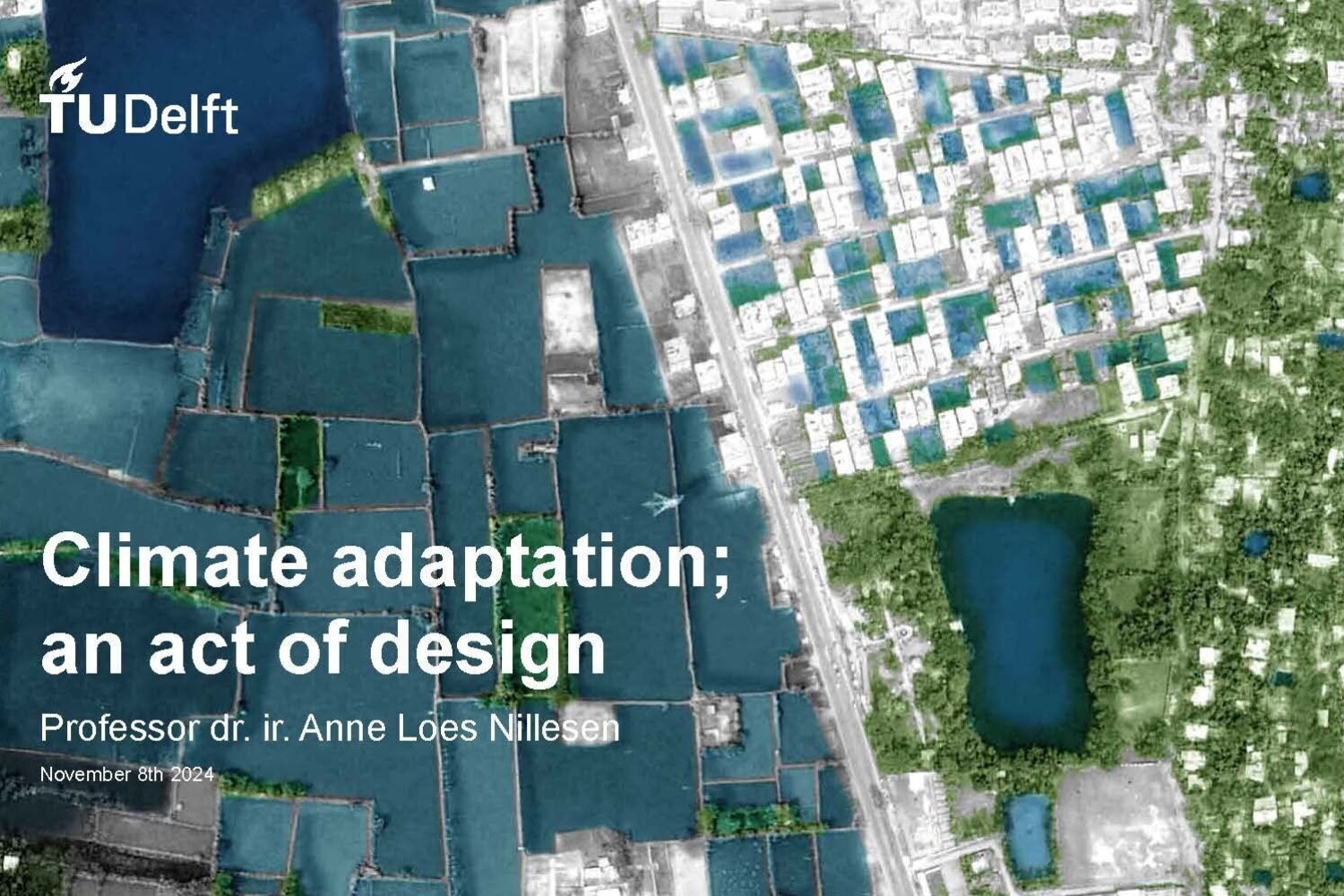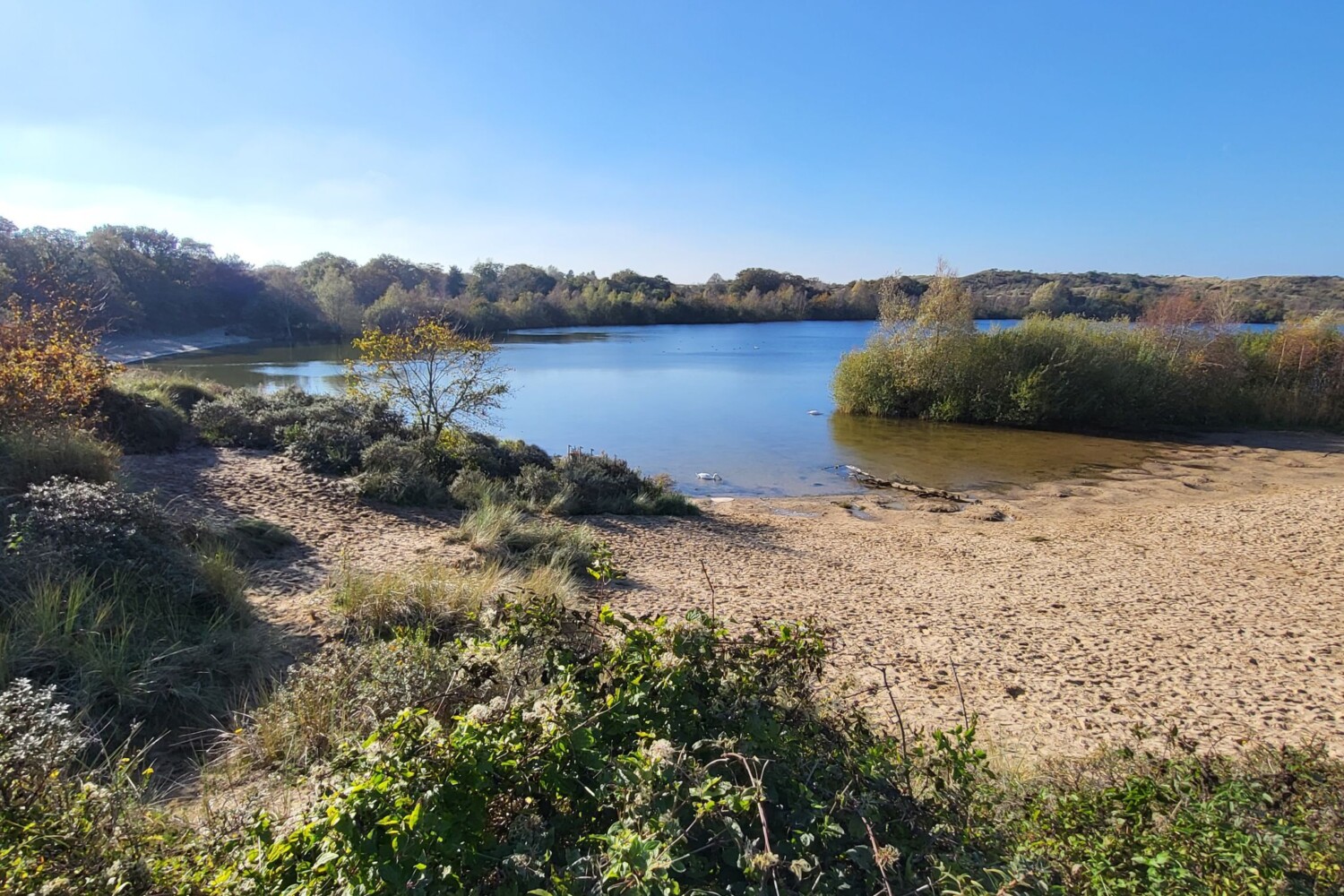The Flemish-Dutch Delta will be subjected to transitions in the coming decades. The harbors in the confluence of the Rhine, the Meuse and the Scheldt, fulfill an essential economic role as a logistical gateway between the North Sea and Northwestern Europe. Its location makes the delta subject to the effects of climate change, such as sea level rise, salinity and extreme weather conditions. Also, it is these areas where transitions towards circularity and sustainable energy have major impacts.
Anne Loes Nillesen together with Government Architect Francesco Veenstra explains which fundamental choices we need to take on the short term for making Flemish-Dutch Delta future-proof. Bart Kuipers and David Verhoestraete were a part of the multidisciplinary team for this commissioned research study for the spatial future of the ports and port areas between Rotterdam and Zeebrugge.
